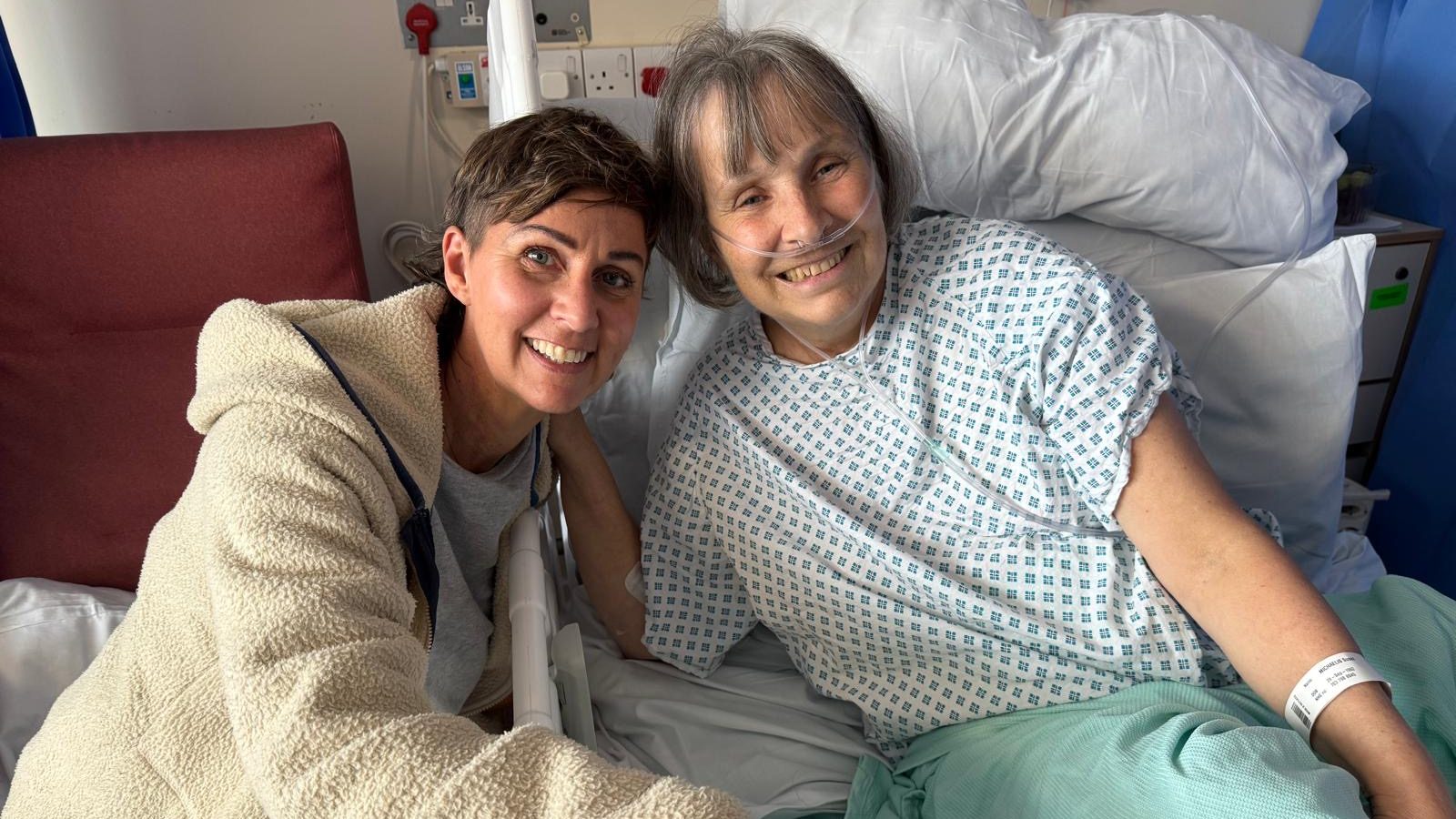Not too long ago, people used to whisper the phrase “breast cancer” because saying it aloud made it more real or more frightening somehow. But we’ve come a long way since then with breast cancer patients given greater access to a wider range of targeted more progressive treatments. Or have we?
Around 55,000 women are diagnosed with breast cancer in the UK every year and approximately 15% of those cases will be a distinct subtype known as invasive lobular cancer (ILC). Despite the fact this cancer was discovered in the 1940s, eight decades later it still has no specific treatment and has had very little research. You might think it’s a rare cancer, one of those that slips by the wayside. It’s not. ILC is the fifth most common type of cancer in women, in fact it’s more common than melanoma, ovarian and brain cancers. Twenty-two women are diagnosed with ILC in the UK every single day, which means while you’re reading this, someone is very likely being told that they have this disease. Their consultant might not look them in the eyes as they relay this information because they know how shamefully this woman, and every woman, diagnosed with ILC is being let down.
- Cancer is even more deadly when you’re homeless. This innovative new project aims to change that
- Writer and comedian Mark Steel: ‘Doing my car tax was more stressful than having cancer’
- How dance is helping women heal after being diagnosed with cancer
This is why the Lobular Moon Shot Project (LMSP) campaign is today (6 May) asking to meet with Wes Streeting to urgently discuss the need for £20 million funding for a vital five-year ILC research project led by professor Rob Clarke at the Manchester Breast Centre. This will bring together world-class researchers, scientists and ILC advocates, all with a specific interest in lobular breast cancer, who wish to move ILC research forward at a much greater pace to improve patient outcomes.
The LMSP campaigners, who are in Westminster today at an MP drop-in event, are asking Wes Streeting and the government to take a moon shot approach to this funding – a fast injection of cash that will push research forward quickly, similar to how governments responded to Covid. The campaign has the support of 340 MPs, more than half of all MPs with five principal MP supporters, including Helen Hayes and Sam Rushworth (Labour), Victoria Atkins and Helen Grant (Conservative) and John Milne (Liberal Democrat). In a Sky News interview with Kay Burley in December 2024, former Conservative health secretary Victoria Atkins said she had promised this funding before the election last summer, as part of her Women’s Health Strategy.
Led by Dr Susan Michaelis, a former airline pilot, leading global aviation health and safety consultant and researcher, the LMSP campaign launched in May 2023 and it’s how our paths crossed. First diagnosed with ILC in 2013, after being missed on both mammogram and ultrasound, Susan’s cancer returned three years later and again in 2021, by which time it was metastatic spreading to her bones and skin. It’s also now spread to her lungs and liver. My own diagnosis came in January 2023 aged 49. I quickly learnt the lack of a specific treatment isn’t our only issue. This disease often doesn’t form a lump, spreads through tissue like a spider’s web and is very difficult to detect on scans, which means many women like me get diagnosed later at a more advanced stage when the cancer has already spread to nearby lymph nodes.
Susan has just started her seventh line of treatment the gruelling chemo known by breast cancer patients as the ‘red devil’. I’ve been in remission for 18 months after completing surgery, four months of chemo and 15 sessions of radiotherapy. I’m now on a daily, monthly and six-monthly treatment regime to try and prevent this cancer coming back. But because the treatment I, and every other ILC patient has, is not specific to the cancer we have, I have no idea what my prognosis is.





